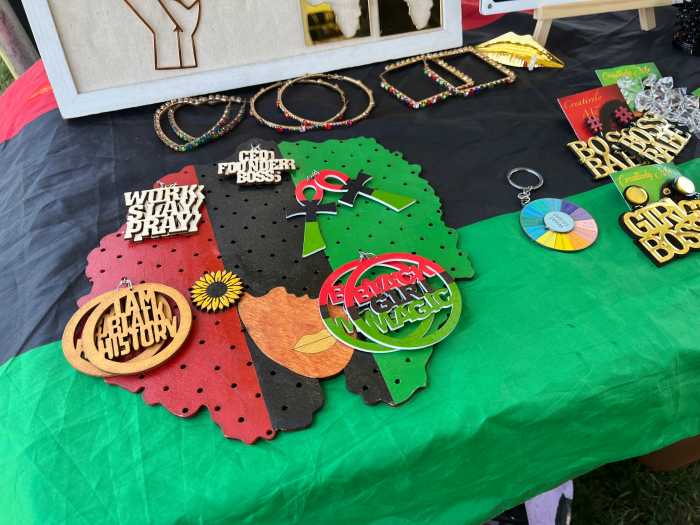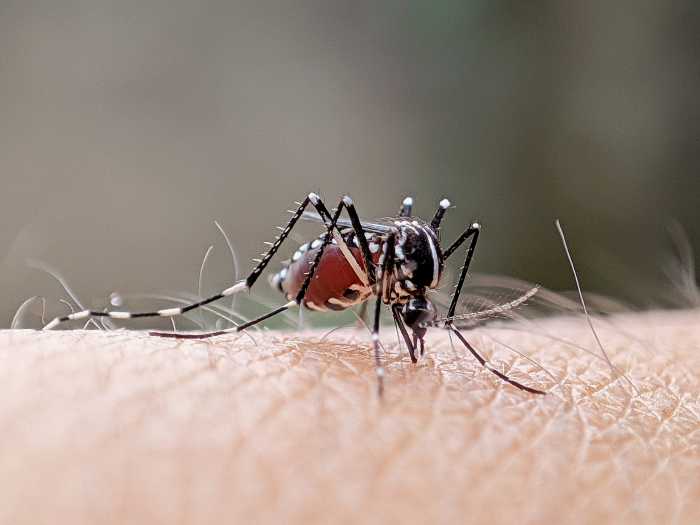By Joe Palumbo III
Many have spoken about hydrogen, but the reality of hydrogen is questionable. Switching could mean a trillion-dollar upheaval for new production and distributing systems. Enter ethanol, which may be the answer to the energy dilemma and replace gasoline for our next generation. Ethanol can be made out of everything from prairie switchgrass and wood chips to corn husks. Better yet is that ethanol reduces carbon emissions by more than 80 percent while eliminating entirely the release of acid-rain-causing sulfur dioxide. The Department of Energy predicts that ethanol could put a 30 percent dent in America's gasoline consumption by 2030 (less than 25 years from now). Currently ethanol is only an additive to gasoline. However, Wall Street, combined with automakers, farmers and environmentalists, has the ethanol dream beginning to turn into a reality. They're conjunctively putting real money into biorefineries, car engines and the like that switch effortlessly between gasoline and biofuels. Right now more than 5 million Tauruses, Explorers, Stratuses and Suburbans are equipped with engines that can run on ethanol, which costs less than gasoline, produces none of the emissions that cause global warming and comes from our Midwest, rather than the Middle East. Most of us don't know about this, because only very recently has Detroit mentioned it. Automakers have quietly and conveniently added the flex-fuel feature to get a break from fuel economy standards.So How's Business in regard to ethanol? In Brazil, nearly 3/4 of new cars can burn either ethanol or gasoline Ð whichever happens to be cheaper at the pump. We don't know what the future will hold, but it is safe to say that ethanol is looking a lot more realistic than a return to inexhaustible oil.Joseph J. Palumbo III is a managing partner for the Palco Group. He can be reached toll free at (888) 670-0241 (ext. 124). or at jp@palcogroup.com.


































